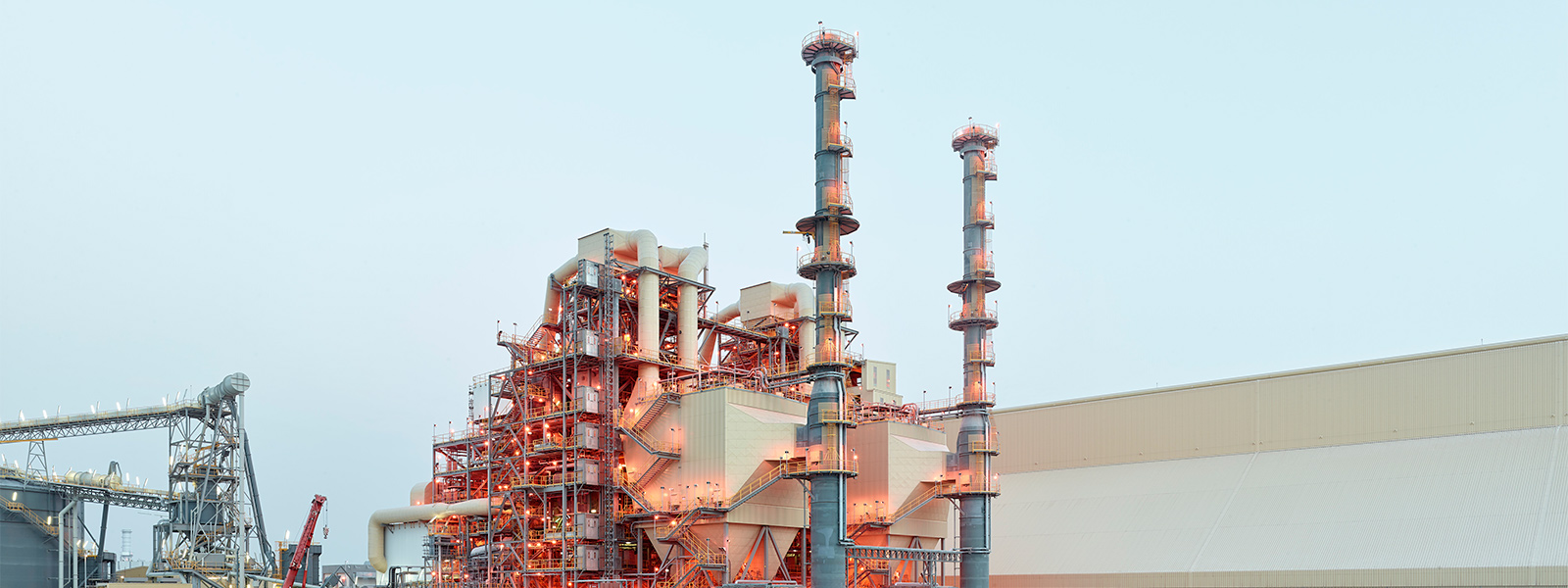Heavy reliance on fossil fuels for energy is one of the sustainability challenges of alumina and aluminum production. The highly endothermic and high-temperature processes require large amounts of energy, which generates CO2 emissions. Research into alternative fuels is ongoing, with some of the larger producers looking into supplementing or substituting fossils with, for example, solar or hydrogen-based concepts.
Significant fuel savings with calcination optimizers
Calciner optimizers have proved to significantly reduce the energy consumption of alumina calcination by stabilizing and optimizing the process. These digital solutions help run the plants more efficiently and find the optimal operating points, which may sometimes seem counter-intuitive and difficult to deduce for a human operator. Optimizers are especially useful in the installed base and older plants, playing a significant part in improving efficiency.
Outotec’s Pretium Calciner Optimizer has sparked significant interest among customers. The two already active cases in alumina calcination have proven the tool’s usefulness and potential, driving both fuel savings and increased output.
“We applied our calcination optimizer in an old generation plant and were able to reduce its energy consumption by up to 10 percent. And a 10% fuel reduction means 5500 tons of CO2 avoided per year. That is equivalent to the yearly CO2 emissions of more than 600 average EU citizens. In newer plants, the potential for specific fuel energy reduction is somewhat lower. However, then again, newer plants operate at a higher capacity, so the overall impact can still be quite significant,” Dr. Perander says. “What sets us apart from the competition is our fundamental process knowledge about these plants. We can provide advanced analytics and diagnostics as well as operational advice that add a lot of value to our customers. We’ve applied the same principles to, for example, roasters used to refine copper concentrate before refining.”
Experts in the spotlight
With digitalization technology and solutions becoming more prevalent, new skills are needed to maintain the position of a technology leader. A shift must be made from pure engineering expertise to the ability to apply machine learning and AI, for instance. Outotec has already taken steps to enhance the company’s digital capabilities and recruited new experts. External collaboration is also essential in this regard.
